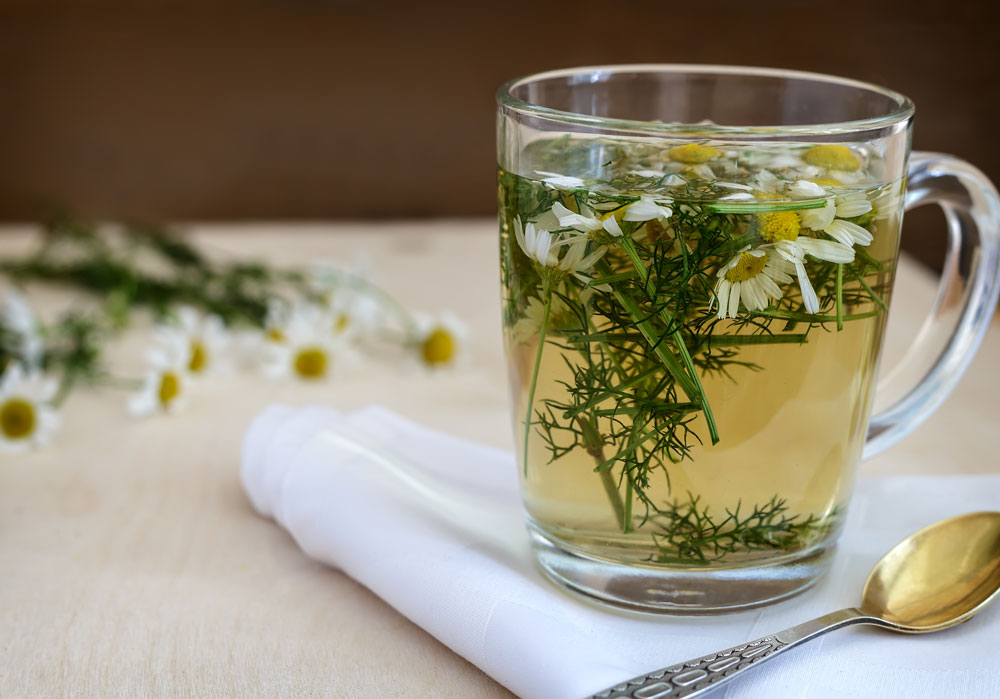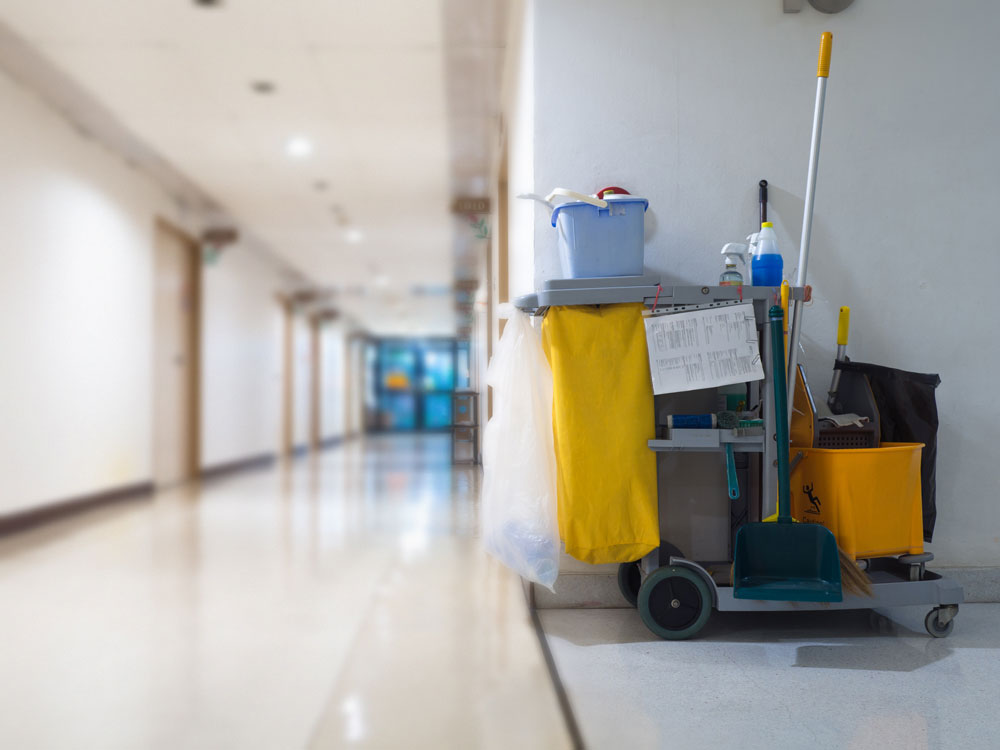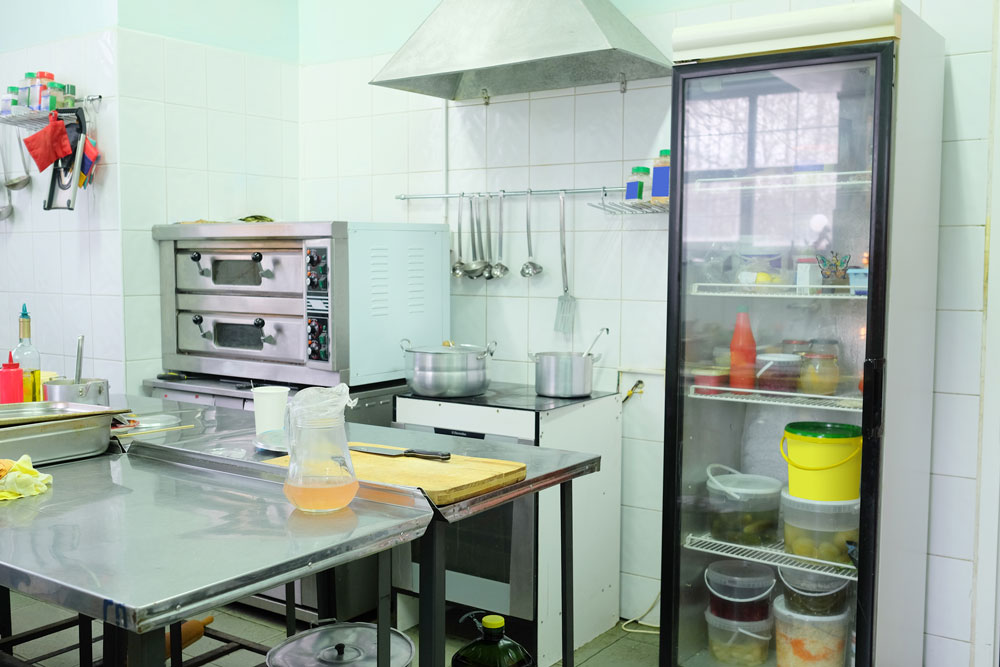For some people, herbal remedies are a gentler alternative that works for them.
This article is written from a Swedish perspective. Hopefully, it can inspire interested individuals from other countries.
Many people who move into nursing homes have habits they want to maintain even after the move. It can be important to talk about these habits to avoid unnecessary worry. When it comes to care in nursing homes, safety and accuracy in medication management are of utmost importance. This also applies to natural remedies, such as herbal extracts, vitamins and dietary supplements. Despite these products often being marketed as "natural", it doesn't always mean they are completely safe, especially for older individuals who may have other health issues or take multiple medications. Therefore, safely managing natural remedies is an important part of care in the nursing home.
 Foto: Mostphotos
Foto: MostphotosSafety regarding handling of herbal medicines at the elderly home
Residents sometimes want to consume herbal medicines of various kinds. For the elderly home, it's important to have routines for handling this. Herbal medicines are medicines made from plants or other natural sources. Fundamentally, all medicines come from nature in one way or another. There is a kinship between teas, spices, and medicines. Many teas and spices have some form of medicinal effect if taken in sufficient quantities.
Likewise, there are often active substances in herbal medicines that can interact with other drugs that the resident is taking. Therefore, the doctor must be informed and approve the herbal medicines. It is also important to understand what side effects can occur when the herbal medicine is taken in conjunction with other drugs. In the worst case, it could be side effects that increase the risk of falling or bleeding tendency.
All herbal medicines approved by the Medical Products Agency can be recommended by nurses within the scope of their professional competence. Herbal medicines should be documented just like other drugs. For vulnerable elderly, it is still important that the doctor is informed about any intake of herbal medicines.
It happens that the residents want a little Valeriana in the evening to calm down. This can sometimes be a less risky alternative to stronger sleep medication. On the other hand, it happens that residents have a glass of wine or a whiskey at night which can have significantly more effects.
It also happens that relatives bring herbal medicines and where it is difficult to get the resident's consent. In that situation, the care ends up in a tricky situation by the relatives not having the right to decide over a resident in medical matters.
What are herbal medicines?
Herbal medicines are products that contain active substances from plants, minerals or the animal kingdom and are used to improve health or relieve discomfort. Examples of these are various herbal teas, fish oil capsules, St. John's wort and ginseng. Even though herbal medicines can have positive effects, they can also affect the body in ways that are not always desired, especially when taken together with other medicines.
Risks with using herbal medicines
Interactions with other medicines:
One of the biggest risks with herbal medicines is that they can affect how other medicines work. For example, St. John's wort, which is sometimes used to treat mild depression, can reduce the effect of certain blood-thinning drugs, blood pressure medications, and even antidepressant drugs. This can lead to serious health problems if not noted.
Unwanted side effects:
Even though herbal medicines are often perceived as milder than traditional medicines, they can cause side effects. Herbal products such as ginseng or ginkgo biloba can affect the blood's clotting ability and may therefore be unsuitable for people who take blood-thinning medicines. Therefore, it is important that the medical staff is aware of which herbal medicines the residents are taking and what side effects can occur.
How do we ensure safe handling of herbal medicines at the elderly home?
Full medication review:
To ensure that the residents of the elderly home receive the right treatment, it is important to include herbal medicines in medication reviews. This means that the staff find out which herbal medicines a person is using, what medicines they take and then review if there are any risks for interactions or side effects. In this way, the residents can receive the right advice and adjustments can be made in their care.
Communication with doctors and pharmacists:
Licensed staff should collaborate with doctors and pharmacists to get a clear picture of what the residents are taking for herbal medicines and what risks exist. If a resident buys and uses herbal medicines without informing the staff, it can be risky. Therefore, it is important that both staff and relatives understand the importance of reporting all dietary supplements or herbal medicines that a person uses.
Information and training for staff and relatives:
To minimize the risks, it is important that all staff at the elderly home have knowledge about herbal medicines and their potential effects. Training on how various dietary supplements and herbal medicines can interact with prescription drugs can be crucial to prevent problems. By also informing relatives, an open dialogue about herbal medicines can be created, which contributes to a safer care environment.
Advice to the residents and their relatives
Communicate openly about herbal medicines:
For the elderly home to be able to provide the best possible care, it is important that the residents and their relatives are open about which herbal medicines and dietary supplements are used. This helps the staff to make correct assessments and avoid potential risks.
Be careful with starting to take new herbal medicines:
It can be tempting to try new dietary supplements or herbal medicines, but it is important to first consult with the medical staff. This is especially important if the resident is already taking other medicines, as it can lead to unexpected and unwanted effects.
Handling herbal medicines safely is an important part of care at the elderly home. By having clear routines for medication review, education, and open communication, the risk of unwanted side effects and interactions can decrease. In this way, the residents can continue to use herbal medicines in a safe and secure way, which contributes to increased quality of life.
Reflection questions - herbal medicines
Care staff:
- Does it happen that residents want help taking herbal medicines?
- How do you usually handle it at the elderly home?
Manager, nurse, occupational therapist and physiotherapist:
- How do you feel about alternative treatments?
- Is it OK with herbal medicines?
- Are there other alternative treatments that are requested at the home?
Residents and relatives:
- Have you had wishes for treatment with herbal medicines or other alternative treatments?
- How has it been received?
Erland Olsson
Specialist nurse
Sofrosyne - Better care every day

Aktuellt i media
-
2024-10-16 04:00
14 Läkemedelshantering
For some people, herbal remedies are a gentler alternative that works for them.
info Foto: Mostphotos
Foto: Mostphotos - 2024-10-14 04:00 14 Läkemedelshantering
-
2024-10-10 04:00
13 Hygien
Hygiene classes and cleaning routines at the nursing home – this is how we ensure cleanliness and safety
info Foto: Mostphotos
Foto: Mostphotos -
2024-10-07 04:00
09 Mat och måltid, 13 Hygien
Safe and Secure Food Handling at the Elderly Home: the risks of cheating with food storage
info Foto: Mostphotos
Foto: Mostphotos - 2024-10-03 04:00 03 Ledarskap, 15 Handlingsberedskap
- 2024-10-03 04:00 10 Aktivitet o funktionsbevarande arbetssätt, 09 Mat och måltid




